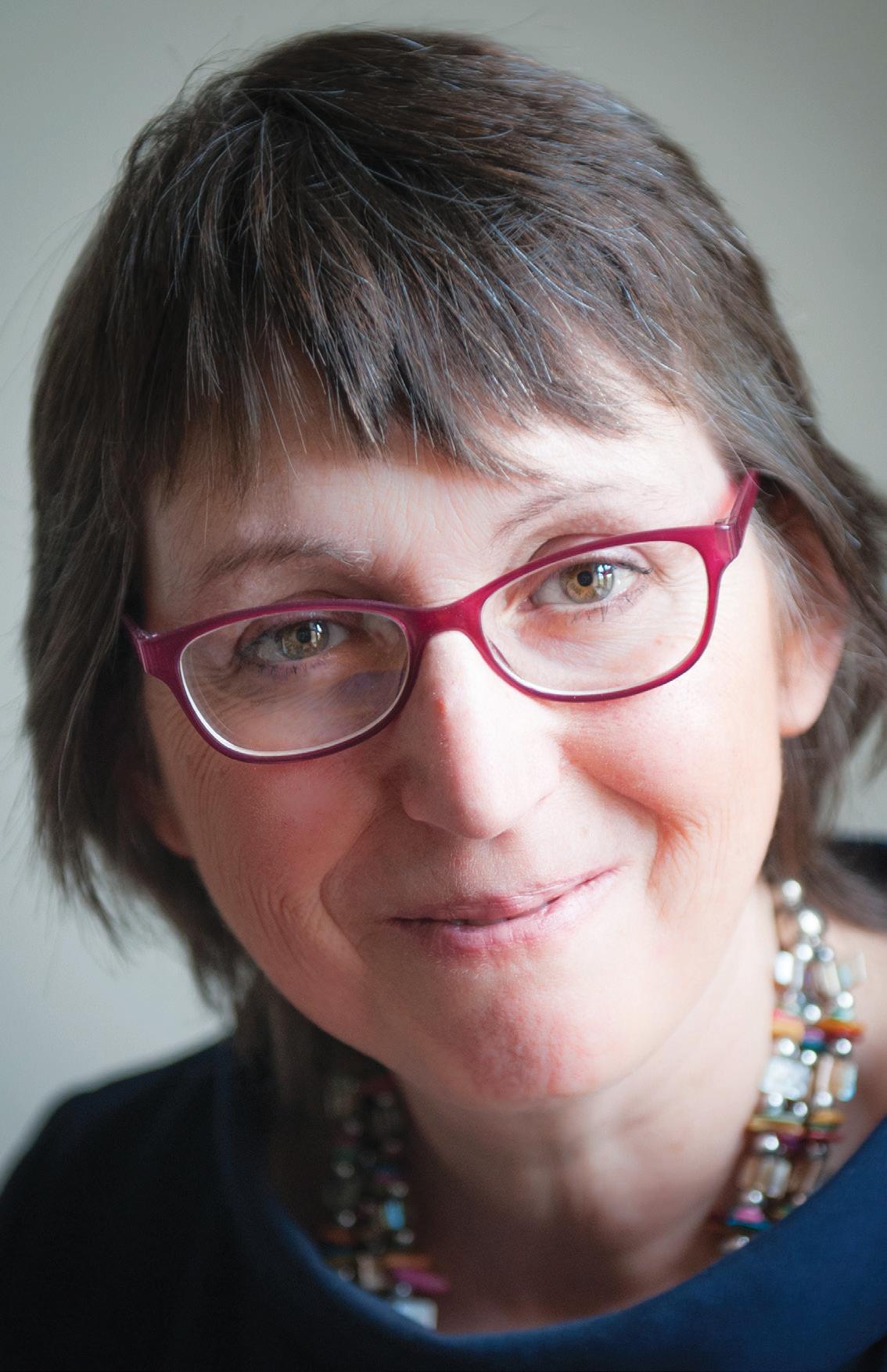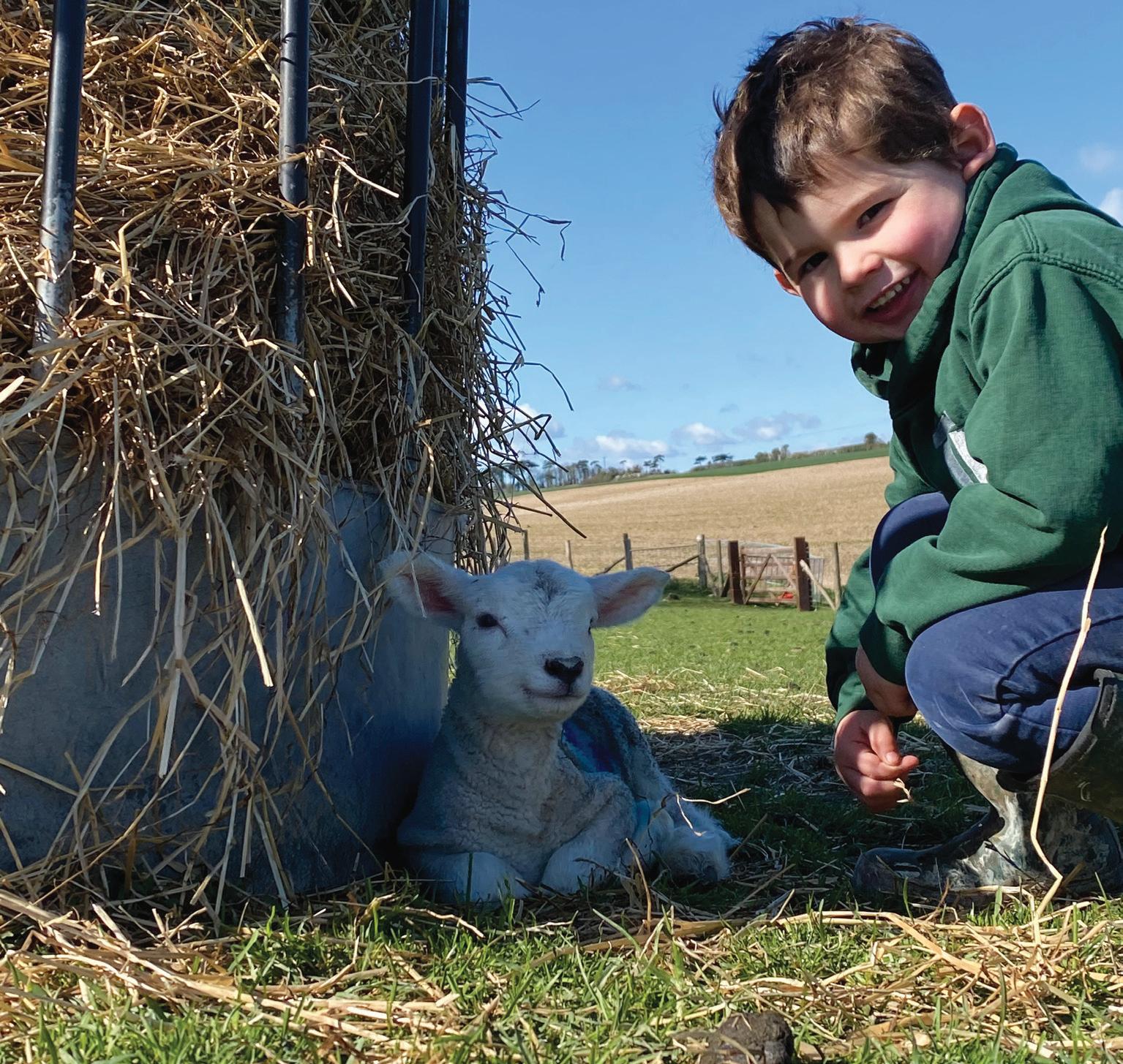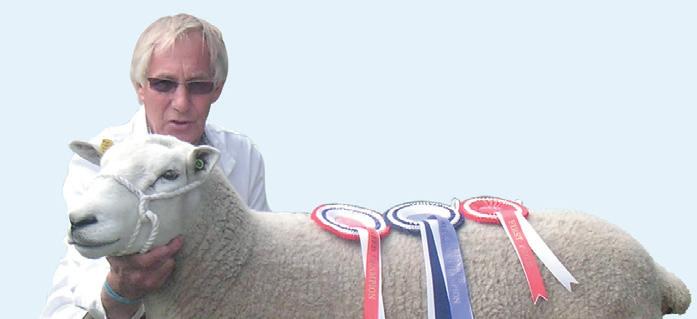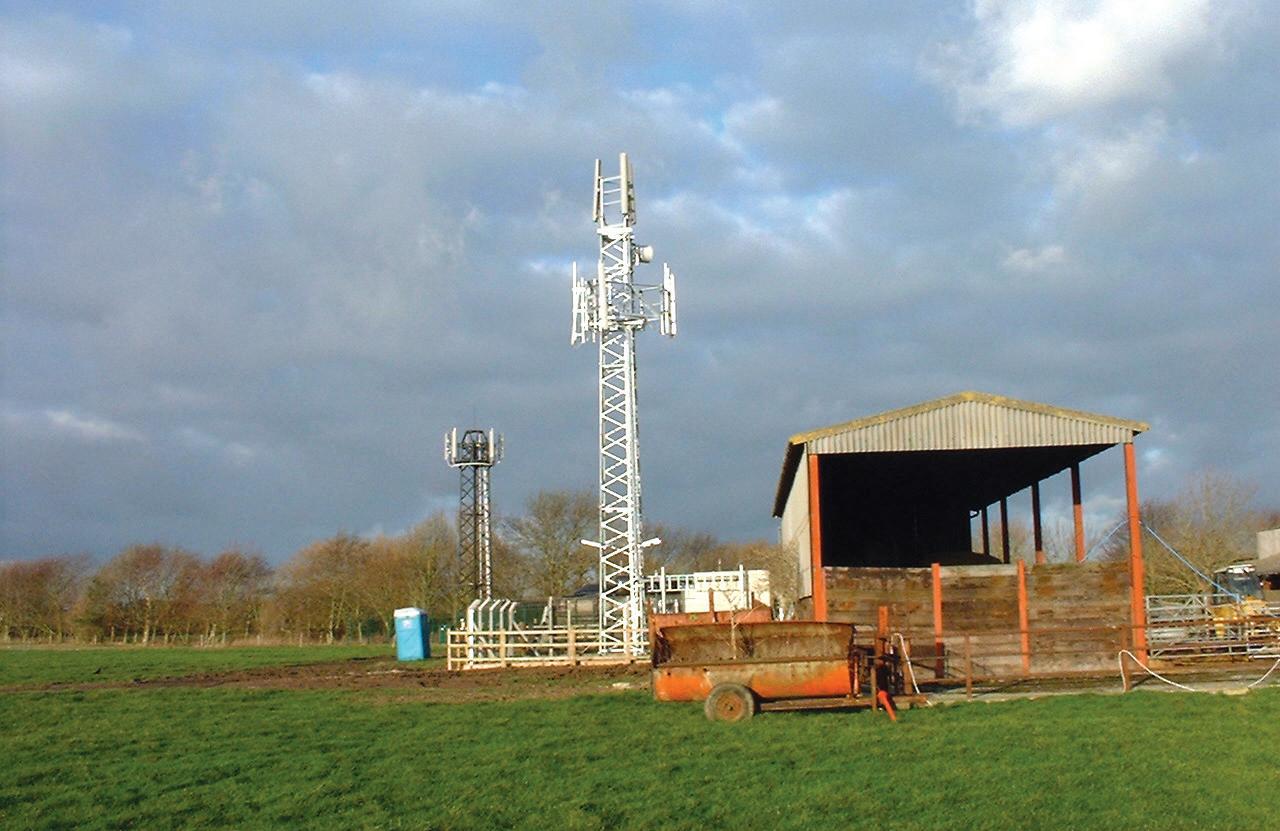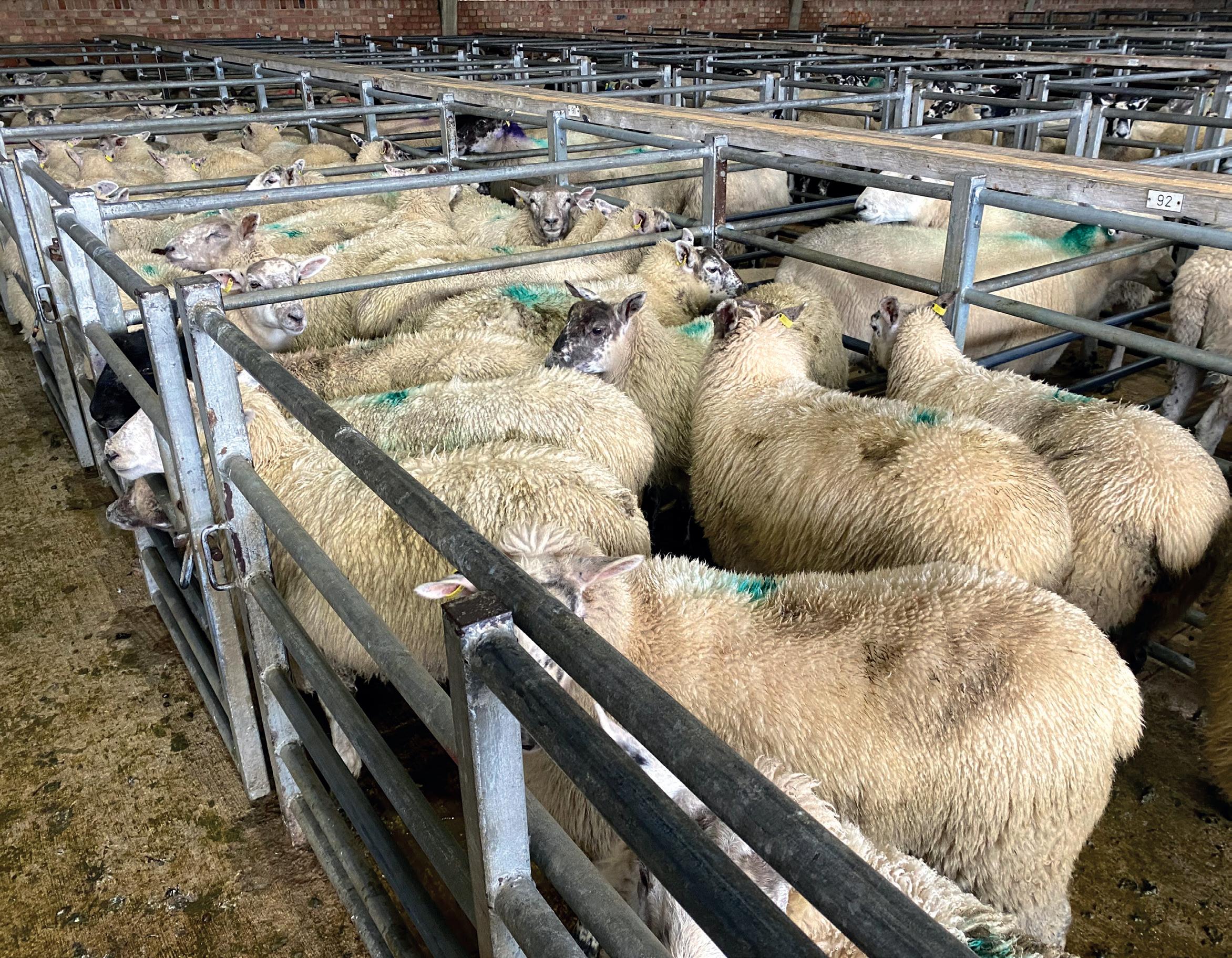SARAH CALCUTT FOCUS ON FRUIT
RESILIENCE – HOW DO WE INVEST
IN THE RIGHT HUMAN CAPITAL?
52
At the inaugural James Nichols lecture at the 88th Marden Fruit Show Society AGM, SARAH CALCUTT Professor Louise Manning excelled in getting Executive Chair, everyone to think. James would have enjoyed National Fruit Show her lecture; he was a man who always had the facts at his finger tips and enjoyed a good debate and Louise delivered figures, challenges and some good ideas on a way ahead for the sector. > James Nicholls receiving the 2008 If you look in the dictionary, definitions of resilience talk about the ability Worshipful Company to survive a shock. This doesn’t really work in farming systems – food is of Fruiterers Ridley produced in a natural world where it can survive a shock and then return to a medal for services to the fruit industry steady state. Unless you are a farmer whose crop is decimated by weather, she supposed. The buffer capacity – where you might have enough capacity to have the Every business, not just a farming one, has to be able to survive shocks and resources to survive the shock. The average borrowing of a farmer is about the squeezes. We have had Brexit, Covid-19, lockdown and frost, all of which are same as the average mortgage; the flexibility provided by a good relationship shocks. Added to this are the financial squeezes, imposed by a supply chain with your bank manager has been a long term buffer for fruit growers. which is itself suffering from shock, combined with a concerning long-term Adaptive resilience – how can you adapt your business to survive post financial pressure. Professor Manning talked about the three aspects of lockdown, post financial shock. What happens when there is no crop? resilience: Transformation – as our ways of working are challenged, how do we best respond? Louise raised a really challenging point on transformation; are challenges around our lack of labour going to stimulate the kind of transformation experienced after the first world war, when the numbers of farm workers were reduced so dramatically by war, the financial depression and the Spanish flu epidemic? Perhaps our purpose will be transformed by policy? Targeting around net zero and zero emissions business models will deliver a focus on our carbon sequestration potential. How invested are we in renewable energy, rainwater capture, the reduction of our water footprints and how our personal business offsets reduce production impact? On net zero, Louise questioned whether this was ‘Business’ wanting business as usual and whether we (the fruit sector) might benefit from their offset; would there be an opportunity to provide carbon credits as part of our ‘public good’ requirement in policy? Just think about the 269,000 acres owned by Bill Gates in the US; this is definitely a natural capital investment, he’s creating the biggest agri-food technology test bed in the world. Looking at the impacts of wider society, Louise directed us to have a look at the emerging literature around Generation Z, the impact of Greta Thunberg and the profile of self-identification around food – the non-meat diet based on its impact on health and its perceived impact on the environment rather than welfare grounds. Our messaging on this is very important. The social capital is incredibly valuable on what we do in top fruit. We do, of course, have amazing human capital in our industry; the strength of family businesses, the incredible skillset within fruit farming families that can deliver all that we need as an industry. But how do we recruit our best human capital when the family can’t deliver the myriad skills that a modern business requires? How do we conduct the gap analysis for the skills that we don’t have now and those that we will need in five or ten years? How do we best grow the skills within the business and ensure that we develop to keep pace with them? I have to force myself to stop while questions still circle my mind. It was such a great opening lecture in the series. James would have had a great list of questions for Louise and a challenge for the audience. > Professor Louise Manning
MAY 2021 | WWW.SOUTHEASTFARMER.NET


